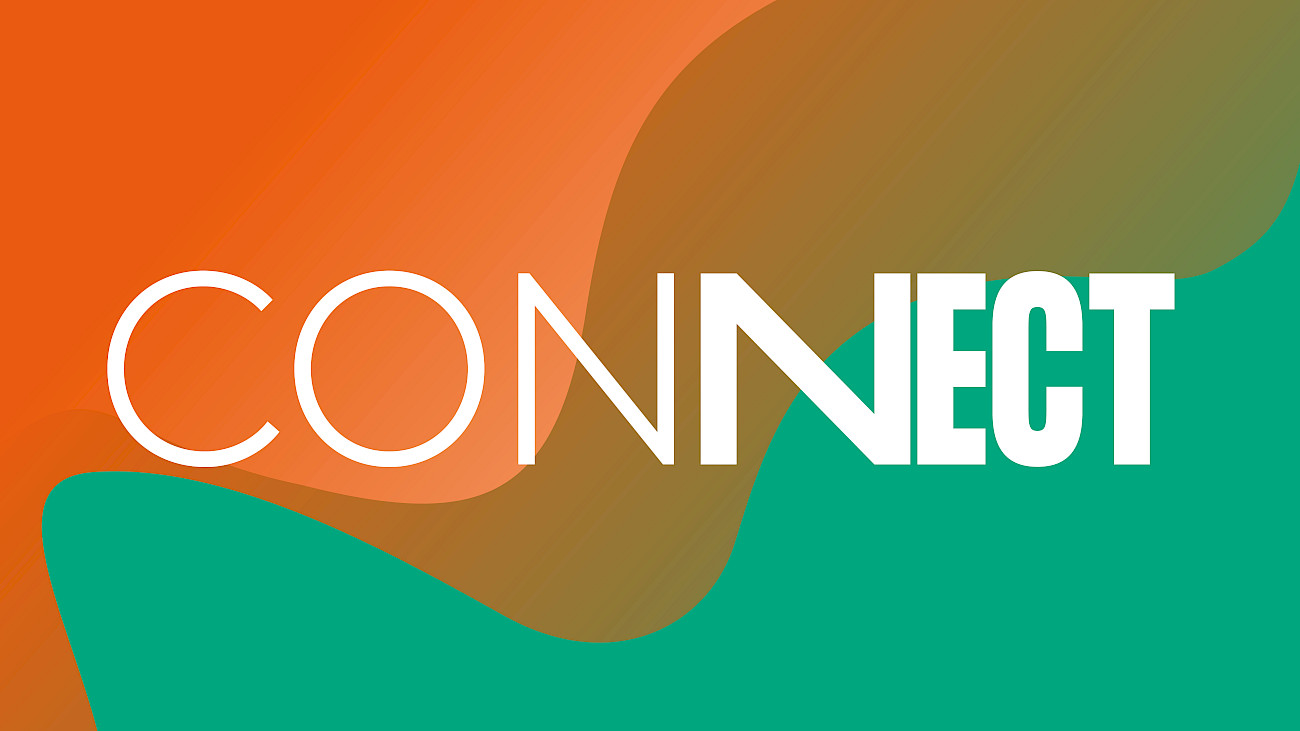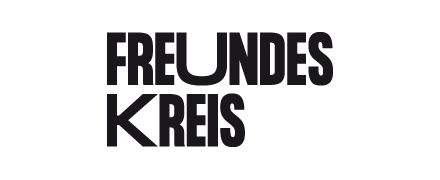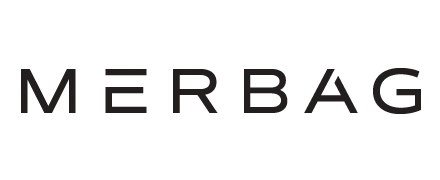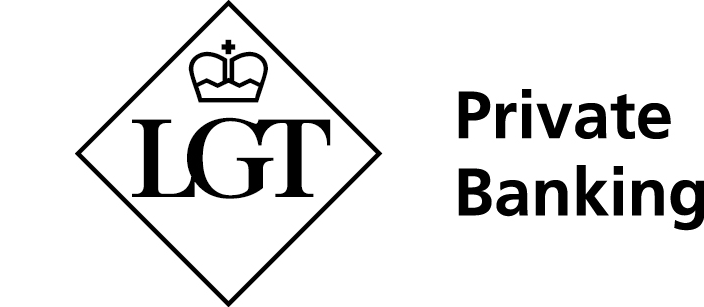
Dancing with neurological challenges
Zurich Opera House and the Tonhalle-Gesellschaft Zürich are launching a new collaboration – together with the performance group The Field and the Dance & Creative Wellness Foundation.
Connect is a dance project for people living with neurological challenges such as multiple sclerosis (MS) or Parkinson's disease. The impulse for this came from the new ballet director of Ballet Zurich, Cathy Marston, whose ballet "The Cellist" tells the life story of Jacqueline du Pré, who suffered from MS and died at an early age. It became clear very quickly that the establishment of a dance training for people with neurological challenges in Zurich would require the cooperation of several partners in order to lay a strong foundation of expertise and commitment and to establish the project in the long term.
This project, which is unique in Switzerland and Zurich, is the result of a cooperation between the Tonhalle-Gesellschaft Zürich, the Zurich Opera House, the Zurich performance group The Field and the Dance & Creative Wellness Foundation.
The project is supported by the Parkinson Society Switzerland, the MS Society Switzerland and the Neurological Clinic of the University Hospital Zurich.
The launch and information event for patients, relatives, professionals and interested parties took place on Friday, 3 November 2023, in the Tonhalle.
The pilot phase of Connect will start at the beginning of February 2024. The weekly training sessions will take place on Friday afternoons in the club hall of the Tonhalle Zurich.

Why dance and music?
Recent neurological research sees dance as an ideal intervention for neurological diseases and disorders such as MS or Parkinson's disease. They emphasise the potential role of dance and music in overcoming motor hurdles and improving psychosocial well-being and quality of life. The creative practice and approach of the Connect project is based on evidence-based research in the innovative field of dance and neurology. Movement offers participants the opportunity to create connection with themselves and their environment. Dancing shapes and promotes balance, expression, posture and one's own creativity.
The weekly training sessions are led by professional dancers with the relevant expertise. Musicians from the Tonhalle-Orchester Zürich will provide live music in selected sessions. The participants can thus immerse themselves in a musically and dance inspiring environment.
The experience will also be enriched by joint visits to rehearsals at the Opera House and the Tonhalle, as well as encounters with dancers from the Zurich Ballet and musicians from the Tonhalle-Orchester Zürich.
The content of the Connect training sessions focuses on a choreography of the Zurich Ballet or a musical programme of the Tonhalle-Orchester Zürich over a period of several weeks. In the sessions, the participants examine these works from different perspectives under the guidance of the teaching artists. They also gain an insight into the rehearsal process of the professional production. For the winter/spring season 2024, the Connect team has selected two programmes: The Cellist (Zurich Ballet) and Electric Fields (Tonhalle-Orchester Zürich). These works provide a starting point for creative explorations.
Pilot phase dates
- Weekly dance training, held in two groups
Every Friday 2.30-3.30 pm and 4.00-5.00 pm
Vereinssaal Tonhalle Zürich
Start: 2 February 2024
Musicians from the Tonhalle-Orchester Zürich will provide live music in selected sessions.
Vereinssaal Tonhalle Zurich, Gotthardstrasse 5, 3rd floor, 8002 Zurich
Obstacle-free access to the rooms and disabled parking spaces are available.
The pilot phase is already fully booked, if you are interested in the project you can register here for further news.
Questions and Answers
Why should people with neurological challenges dance?
Dancing is an extremely diverse activity. It combines physical, cognitive, creative and social aspects. Dance groups for Parkinson's patients have existed since 2001; starting with a group in New York, the idea has now spread to all continents. Since 2019, dance groups for people with multiple sclerosis have been added based on a Scottish programme. Connect is the first such project in Switzerland.
Is Connect a dance therapy programme?
No. The participants are addressed as dancers, not as patients. However, all the people who lead the training sessions have expertise in the particular challenges of these sessions.
What effect does dancing have on Parkinson's patients?
A dopamine deficit causes various symptoms in Parkinson's: for example, difficulty initiating movements on purpose and continuing them fluidly, or balance problems. Other keywords are slowing down, trembling, freezing (when you want to move but can't). Over 2000 studies have now shown that physical activity can slow down the progression of the disease. This is also important because there are still no drugs or surgical measures that can do this. Dancing is considered to be particularly effective – because it combines various aspects (including balance, coordination, fluid movement sequences, social interaction); in addition, the music acts as an external clock and replaces the loss of an internal clock, which can help with freezing problems in particular.
What effect does dancing have on MS patients?
Multiple sclerosis is a disease with very different symptoms and progressions. It causes balance disorders, paralysis and sensory disturbances. The disease usually progresses in phases; symptoms can disappear again, but the health condition can also deteriorate continuously. There are now medications and therapies that can effectively prevent relapses. However, there are smouldering inflammations that can cause progressive disability. Dancing is also considered a helpful activity for this disease, which can have a neuroprotective or even neuroregenerative effect. Dancing can also lead to improvements in the symptoms of fatigue or concentration difficulties that MS patients sometimes suffer from.
Can such results be proven?
Yes, studies have shown that dancing appears to be better for the brain than normal exercise. Imaging techniques have shown changes in the cortical structure, and blood markers have also shown that such changes occur.
What effects does dancing have apart from the physical results?
Dancing is fun – even small children turn every rhythm into movement. Dancing can also improve the mood of people with neurological challenges, boost their self-esteem and improve their general quality of life. In addition to the dancing itself, the social contacts in the dance training sessions also help. And: unlike pharmacological measures, dancing has no side effects.
What is special about Connect?
There are three aspects: Firstly, some dance training sessions are accompanied by musicians from the Tonhalle-Orchester Zürich. Secondly, in addition to the training sessions, participants are invited to attend rehearsals at Zurich Opera House and the Tonhalle Zürich, giving them an insight into these cultural organisations. And thirdly, the project is linked to further training for musicians and dancers - in the hope that there will be more such events in Switzerland in the future.
How much does Connect cost?
The eleven training sessions cost a total of CHF 100.
Are the training sessions exclusively for patients with Parkinson's and MS?
In principle, yes in this pilot phase. However, there is also the option of noting other neurological diagnoses on the registration form. In these cases, we will check whether participation in this context makes sense.
How will the participants be selected?
On the one hand, the order of registration plays a role, on the other hand, it is also about a balanced composition of the group. Anyone who doesn't get a place is put on a waiting list.
What physical requirements must be met?
There are no limits; you can also attend the dance training sessions in a wheelchair or with a walking frame.
Are there disabled parking spaces at the Tonhalle?
Yes.
How should I dress for the training sessions?
As comfortable as possible.
What exactly does a Connect training session involve?
The club hall is open half an hour before the start and there is coffee and cookies for those who arrive by then. The actual training session lasts one hour. Afterwards, you can round off the event with a coffee.
How often do you have to train for it to be useful?
Studies have shown that two one-hour training sessions per week would be ideal. For organisational reasons, Connect can only take place once a week. During the pilot phase, we will work on additional digital programmes so that two training sessions per week can be offered.
Can accompanying persons attend the training sessions?
In order to provide a safe environment for the participants, accompanying persons are generally not allowed to watch the training sessions. However, there are enough cafés near the Tonhalle to bridge the gap.
Will the results of Connect be evaluated?
No scientific evaluation is planned; however, the project will be supported by doctors from the University Hospital Zurich in an advisory capacity. And in any case, there will be a survey at the end where participants can give their feedback.
How is Connect organised in terms of insurance?
Insurance is the responsibility of the participants.
Patronage
Cathy Marston, Ballet Director and Chief Choreographer Ballet Zurich
Ilona Schmiel, Intendant Tonhalle-Gesellschaft Zürich
Cooperation
- Tonhalle-Gesellschaft Zürich
- Zurich Opera House / Zurich Ballet
- The Field
- Dance & Creative Wellness Foundation, Clare Guss-West
Supported by
Scientific advice
- Neurological Clinic University Hospital Zurich: Parkinson Team and MS Team
- Elevate ® Scottish Ballet: Specialists of the dance programme for people with MS
Examples
Contact
No results







